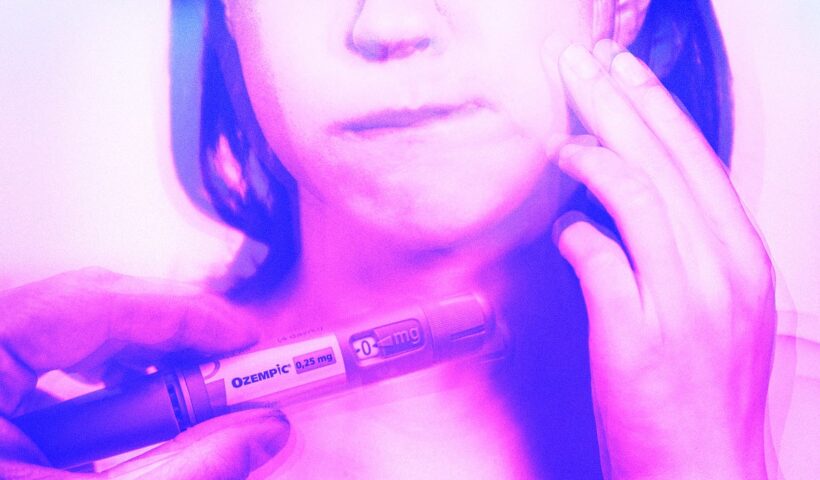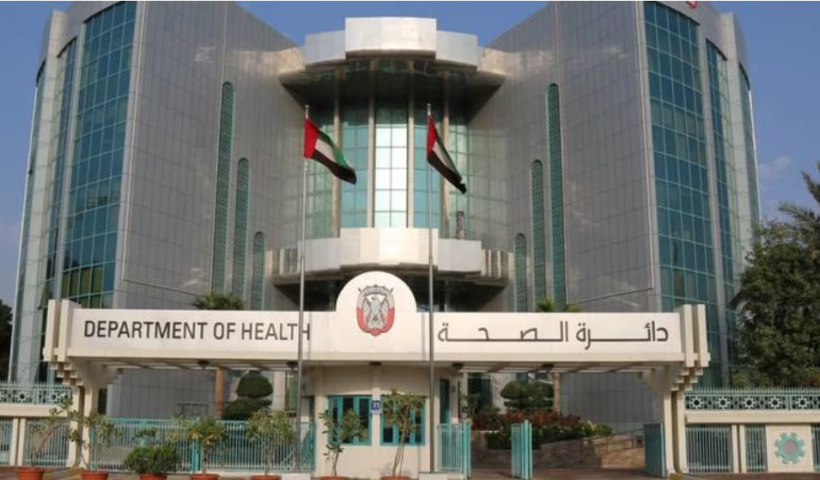A mother of autistic twins spoke of her joy after a Dubai health clinic chief stepped in to offer support after hearing about her financial challenges.
Ambreen Suhaib, 35, told The National last month how she and her husband, who live in Dubai, spend more than Dh300,000 ($81,600) a year to provide the best possible care for their nine-year-old boys, Ahmed and Hadi.
She called for insurance cover for vital therapies to be made more widely available to parents.
Her views echoed those of Mohammed Al Emadi, director of Dubai Autism Centre, who in March said insurance companies should be mandated to provide cover for key autism treatment to ease the financial burden on families.
Aviv Clinics Dubai will assist the family through its Aviv Cares initiative, which includes a three-day evaluation for children aged between 4 and 18 with neurological conditions such as autism, as well as cerebral palsy, strokes and traumatic brain injuries.
The assessments look at cognitive and physical abilities using a range of tests, including advanced brain imaging tests, to identify the root cause of the child’s condition and determine suitable treatment options.
Hyperbaric oxygen therapy, neurocognitive training, occupational therapy, and physiotherapy are core components of subsequent treatment, which is delivered free to those children found to be eligible.
Lifeline for family
Ahmed and Hadi will be evaluated under the programme.
“It’s going to be a huge financial and emotional relief for us,” Ms Suhaib said.
“Getting such detailed assessments by professionals requires a hefty amount of money, which obviously is a lot of pressure when you have multiple children with a condition,” she said.
She is grateful that her children will benefit from further medical expertise.
“The procedure at Aviv Clinics is really detailed and they are very precise,” she said.
“After the assessment, they will let us know if oxygen therapy can help our twins or not. We are humbled beyond words for this help.”
The clinic has so far identified 16 children eligible for treatment.
“We saw The National’s article on Ahmed and Hadi and felt we could support them. So the goal is to give back, and to continue to work for insurance cover to make this into a more inclusive society,” said Craig Cook, chief executive of Aviv Clinics.
“I say this not only as the CEO of the clinic but as a parent of a non-neurotypical child myself.
“The key is to correctly diagnose the child, and for that we have a dedicated paediatric and youth team.”
An in-depth analysis will follow the assessments, then results are shared with parents before an individualised programme for each child is designed around the results.
“It’s a unique protocol that combines hyperbaric oxygen therapy with tailored cognitive training and other adjunct therapies.
“It has shown promising results for individuals with autism and cerebral palsy,” Mr Cook said.
Hyperbaric oxygen therapy involves breathing pure oxygen in a pressurised chamber, which increases oxygen levels in the blood and brain.
Aviv said the value of individual treatment programmes can be up to Dh200,000, with patients typically seeing results within three months.
What is autism?
Autism is a lifelong neurodevelopmental condition affecting verbal and non-verbal communication, social interaction and behaviour.
About one in 100 children globally are believed to be on the autism spectrum, the World Health Organisation says.
In April 2021, the UAE cabinet approved the National Policy for People with Autism.
It set out ways to provide people with autism with easy access to services, to ensure their inclusion in education and wider society and to train more qualified professionals while bolstering community awareness.
Mother’s inclusive vision
Ahmed and Hadi were found to have moderate to severe autism after a diagnosis in 2017.
Since the diagnosis, Ms Suhaib and her husband have spent a fortune on care centres – moving their children from one to another in search of the best support.
They tried to secure insurance for the cost of treatment but were told the therapies their children need almost every day are not covered.
“The financial aspect of autism is the most draining and frustrating part for a parent, because the only therapies that can help your children are not covered,” she previously told The National.
Ms Suhaib also believes more work must still be done to create a more inclusive society for those with autism, as there remains a lack of understanding and acceptance.
“Inclusion is considered a favour, not a right, for autistic children and much work is needed for that,” she said.
She called for more awareness campaigns to help better integrate people with autism into everyday life.



